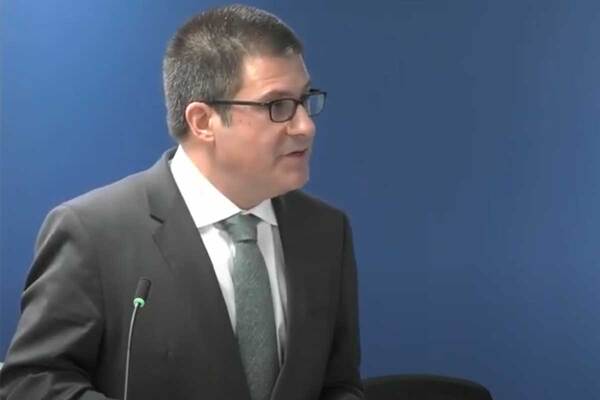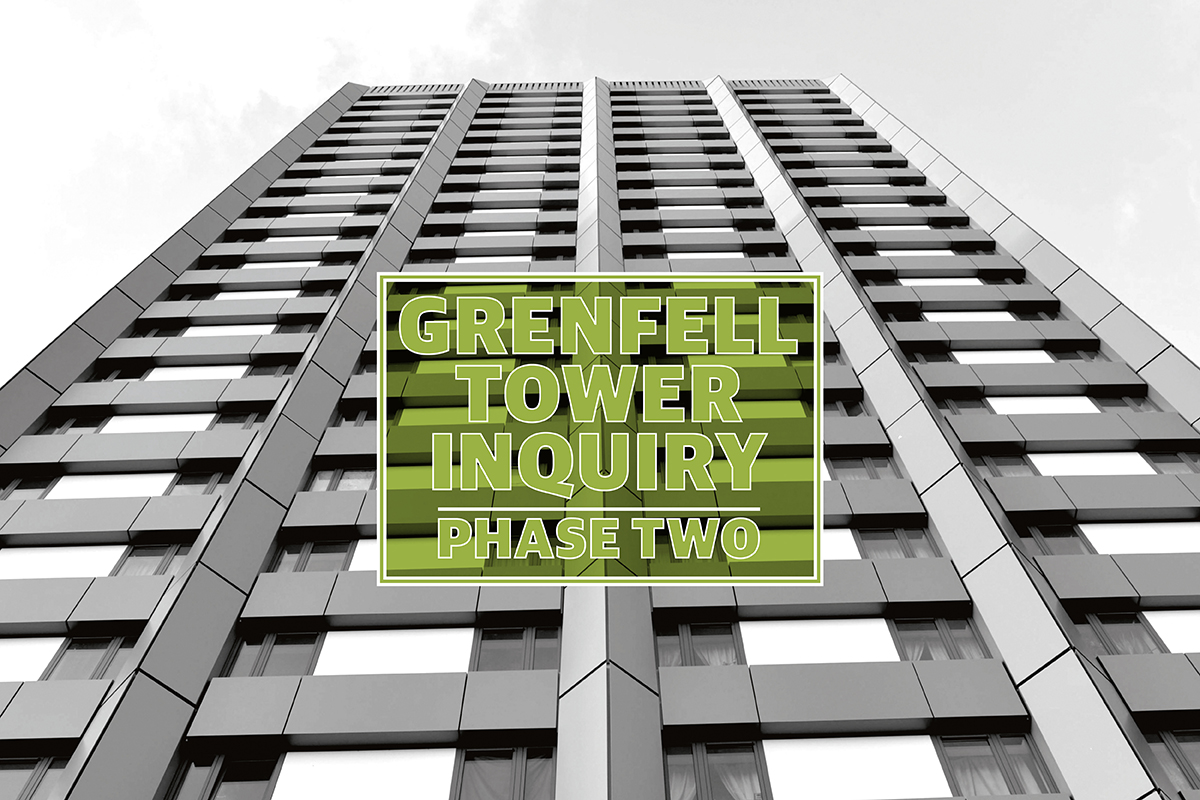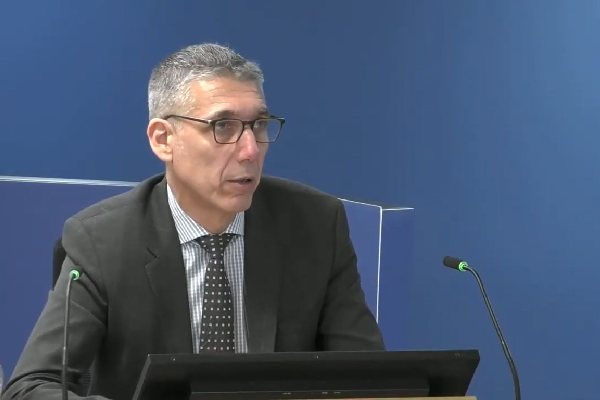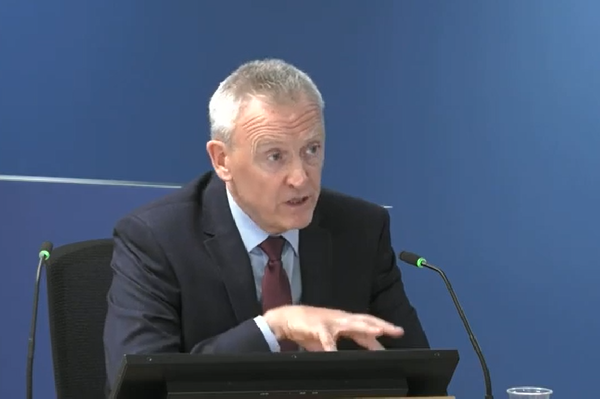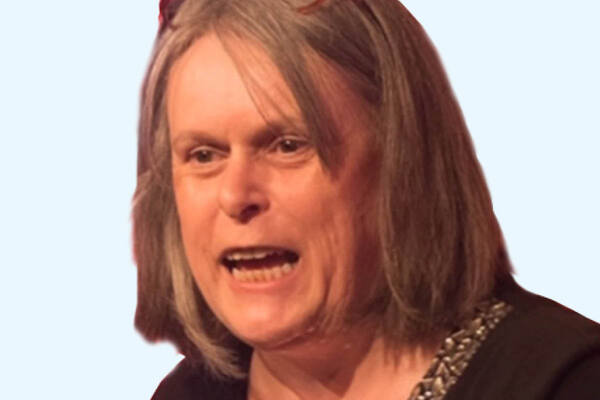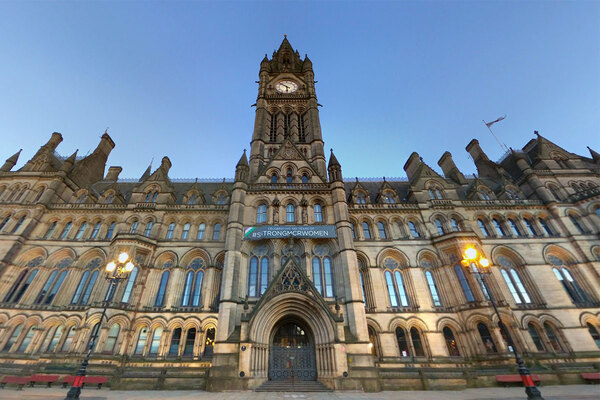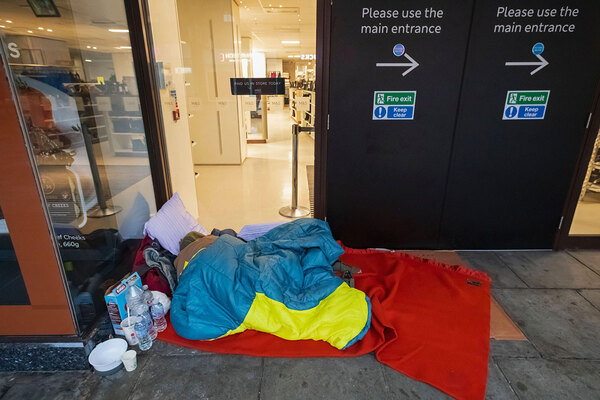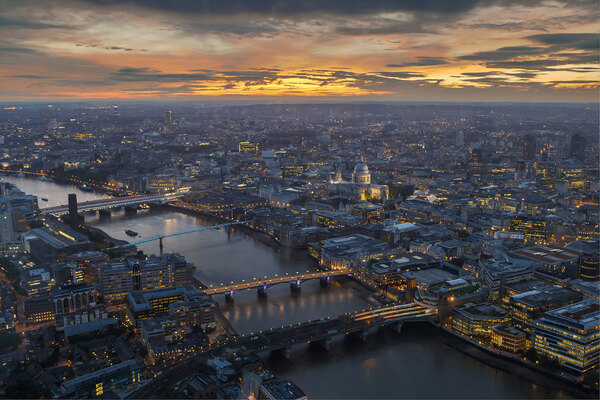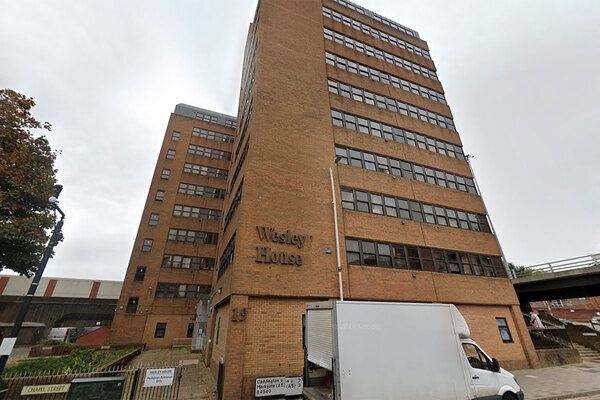You are viewing 1 of your 1 free articles
Grenfell Tower fire was a ‘human rights disaster’, say lawyers for residents
The Grenfell Tower fire was a “human rights disaster” that was caused in part by the council and tenant management organisation’s “disrespect for human dignity”, the inquiry into the fire heard today.
The Grenfell Tower Inquiry today heard closing statements on Module Three, which concerned the management of the tower in the years leading up to the fire, from lawyers representing the bereaved, survivors and residents and Kensington and Chelsea Tenant Management Organisation (KCTMO), which managed the tower on behalf of the Royal Borough of Kensington and Chelsea (RBKC).
Representing one group of bereaved families, survivors and residents, Danny Friedman QC argued that the fire at Grenfell was a “human rights disaster”, as multiple human rights were “breached” and “those breaches were causative”.
This included the “rights to life of disabled and vulnerable residents”, which Mr Friedman said was breached because of KCTMO’s failure to develop personalised evacuation plans for these residents in the event of a fire.
Mr Friedman also argued that there was a breach of residents’ “consultation rights” as KCTMO “deliberately limited” tenant engagement during the building’s refurbishment and “discriminated against active residents”.
He said a “disrespect for human dignity contributed to the cause of this disaster”, as RBKC and KCTMO “held a range of biases and prejudices that underpinned their exclusion of meaningful resident influence”, which in turn prevented residents from being able to hold their landlord to account.
A lawyer representing KCTMO said its employees did not attempt to deceive or disadvantage residents and argued its behaviour was similar to other social landlords at the time.
Mr Friedman’s argument was reflected in a statement released today by Grenfell United, a group of bereaved families and survivors, which said: “It comes as no shock to us that the closing statements from Module Three are a damning conclusion of the evidence heard. It shows the TMO’s deliberate intent to ignore residents and conceal vital information even when severe risks were involved, and RBKC’s deliberate lack of scrutiny of this corrupt organisation.
“Our mistreatment by RBKC and the KCTMO is not a one-off, thousands of social housing tenants across the country experience this same contempt and neglect, living in dreadful conditions with their complaints ignored.”
Mr Friedman said RBKC and KCTMO acted as they did as “they were joined in seeing this refurbishment as an act of municipal generosity, not critical and long overdue investment, but a gift”.
He criticised the organisations for showing “unacceptable secrecy” in withholding information from residents who asked "blatantly obvious" questions concerning the experience of the architects and what had happened to the fire consultants appointed to advise on the project. He said this was “motivated by bad faith” and came about because the TMO wanted to avoid criticism.
“With greater transparency a campaign for compliance could have been pursued by residents to protect themselves. Residents had a right to be informed and prepared for risk on their own terms, and not on the secretive and defensive terms of those who governed them,” he said.
He said residents “were largely regarded as an inconvenience to be managed, rather than human beings”.
“One of the main things that causes outrage amongst the residents who were ill treated in this way at the time, is that, but for the fire, nothing would have been done about it,” he said.
In a separate statement representing the same group of residents, Stephanie Barwise QC said the “insufficient funding of social housing” led to a “defeatist strategy of make do and mend even if that meant compromising safety”.
However, she said the “lack of funding” within RBKC “was more imagined than real”, referencing submissions to the inquiry from the government. These said RBKC had “sufficient funding” to carry out fire safety work, pointing to the return of £4.4m in Right to Buy receipts and its borrowing headroom of £11.4m.
Michael Mansfield QC, representing a separate group of residents, said there was a “mindset” that did not prioritise health and safety in the lead-up to Grenfell. This came from the government, which was led by David Cameron.
“If you set that agenda, if you set that mental environment, it’s hardly surprising that, further down, either consciously or unconsciously, that mindset sets in,” he said.
Speaking on behalf of KCTMO, James Ageros QC said the organisation’s employees “were all well-intentioned and conscientious individuals who have made the vocational choice to work in social housing” and that it was “highly improbable that they would ever have deliberately and purposefully sought to deceive or disadvantage”.
He said KCTMO’s approach to personal evacuation plans was “no different than that of any other UK provider of general-needs social housing” and said this issue “remains unresolved at a national level to this day”.
Other revelations during Module Three of the inquiry included the discovery that KCTMO had failed to complete hundreds of actions identified in fire risk assessments and had left the building’s smoke ventilation system unrepaired for six years.
Mr Ageros said KCTMO “acknowledges not all aspects of its management of the active and passive fire systems were optimal”, but said these systems were not “expected to perform in the extraordinary conditions that pertained on the night when non-compliant fire-propagating products, widely misrepresented and thus misunderstood, had been installed”.
The inquiry continues.
Sign up for Inside Housing’s weekly Grenfell Inquiry newsletter
Each week our sister publication Inside Housing sends out a newsletter rounding up the key news from the Grenfell Inquiry, along with exclusive analysis of what it all means for the social housing sector.
Already have an account? Click here to manage your newsletters
